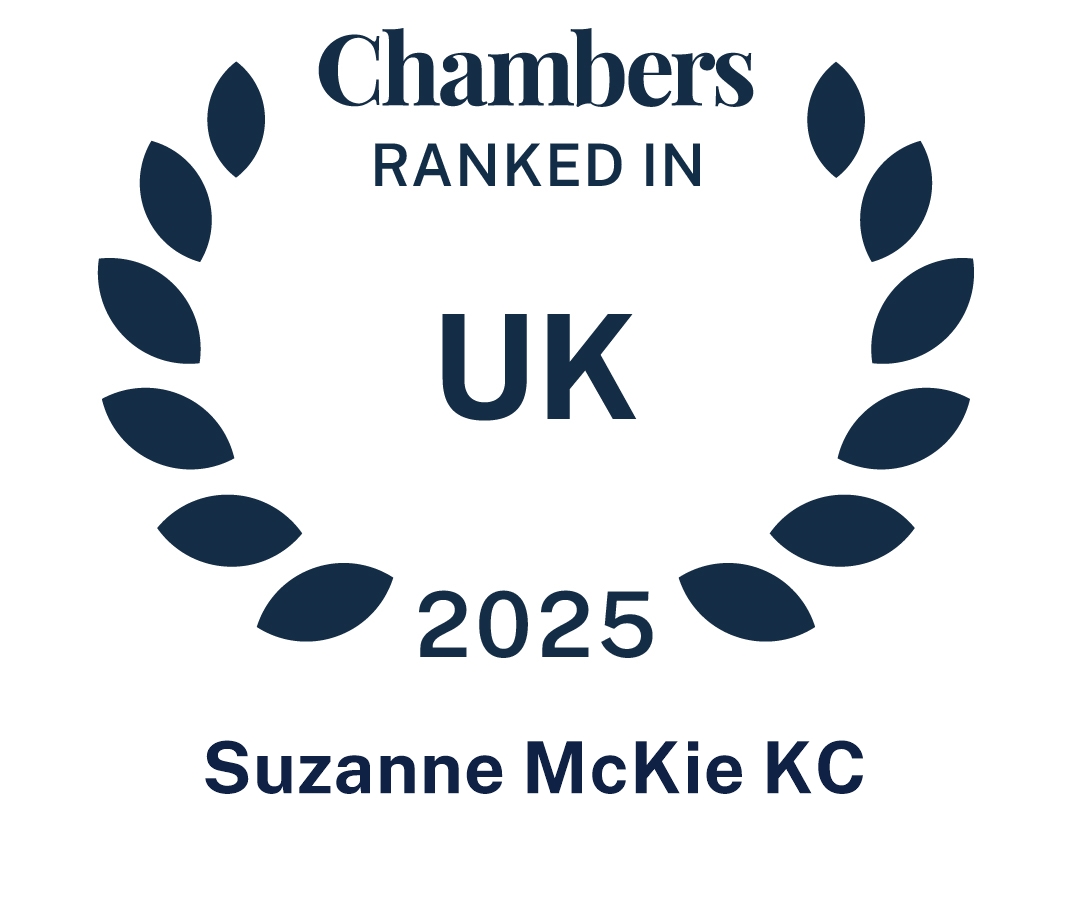19 February 2021
|Insight
Diversity / Inclusion In Practice
Farore Law on flexible working in the legal profession: our research and approach
Flexible working has been a key feature of Farore Law’s operational structure since the firm was founded in 2018, with remote working as the default position for our staff. We were therefore well-equipped to deal with the transfer to near 100% remote working in the ongoing pandemic, which has brought existing difficulties about inflexible working patterns into sharp relief – not just in law, but across almost all professional spheres.
Flexible working should not be regarded as a temporary solution to the pandemic; rather, it is an essential response to ongoing issues of accessibility to, and equality within, the legal profession. Our 2019 Report on the slow progression of women in the professional spheres highlighted major concerns regarding the industry’s attitude towards women lawyers, and found that flexible working was a critical feature for their retention:
-
Among solicitors, the number of women partners in large law firms is rising, but there remain more than twice the number of male partners despite an increasingly even gender split overall. Significant disadvantages cited by female solicitors included a lack of flexible working. Also noted was an increasing proportion of solicitors leaving private practice to work as in-house counsel. This trend is pronounced amongst women, with in-house roles being viewed as offering greater predictability and control over workload and schedule. In 2019, the Law Society acknowledged that the rate of attrition for female solicitors supports the premise that there are benefits to in-house work, one of which is flexible working.
-
As regards barristers: fewer women tend to move from Call to practice. Women also have a higher attrition rate once in practice, with the proportion of women falling as seniority increases. One of the most common reasons for women leaving the Bar is “family reasons”, with the majority citing the difficulty of combining a career at the Bar with childcare. A 2018 study by the Western Circuit Women’s Forum also remarked that primary carers are disproportionately disadvantaged when it comes to being able to remain in the profession, and that thin flexibility in working patterns contributes to this difficulty. Most women in this study cited the difficulty of balancing work and family commitments as a factor in their decision to leave. In comparison, male barristers rarely took parental leave, and those that did took no more than 6 weeks.
-
There has been an increase in female representation in the judiciary since 2014. However, there is a lower representation of women in senior judicial roles (recently emphasised by the departure of Lady Black from the Supreme Court, leaving only one woman and no BAME judges). The greatest proportion of female judges are in fee-paid positions suggesting that they want to either hold the position on a part-time basis, or have other commitments which make flexibility essential.
-
Flexible and agile working is arguably the most effective means of ensuring better female representation and progression in law. Technology certainly makes it possible on a long-term basis post-pandemic – from specialist tools such as CVP, to software training for senior lawyers to safeguard and improve the effective development of the junior lawyers that they are responsible for, regardless of differences in time or location.
The impact of a flexible approach also affects other areas beyond gender. For example, it can serve as an extremely effective adjustment for disabled or neurodiverse lawyers that struggle with long commutes and continual on-site attendance. Similarly, the potential socioeconomic impact is significant: the cost of living in large cities is a considerable hurdle for junior lawyers during the early stages of their career. Remote working practically eliminates this setback and would render the legal profession as substantially more accessible.
Farore Law’s approach to flexible working recognises that different individuals have different needs when it comes to maximising professional capability. Our approach has been acknowledged by the Bar Standards Board (BSB), which in 2020 granted us authorisation to provide pupillage as a law firm. This was partially in the light of our clear attitude towards flexible working, which marries with the BSB’s own endorsement of more innovative approaches to the education and training of lawyers. It is the firm’s aim to provide our pupil with the same level of flexibility afforded to our other staff members, and we are proud to be at the forefront of a positive shift towards dynamic working patterns in the legal industry.
We see no reason for lawyers to revert to the default ‘on-site’ model, particularly when it has been demonstrated that facilitating flexible working is well within the industry’s capability.









